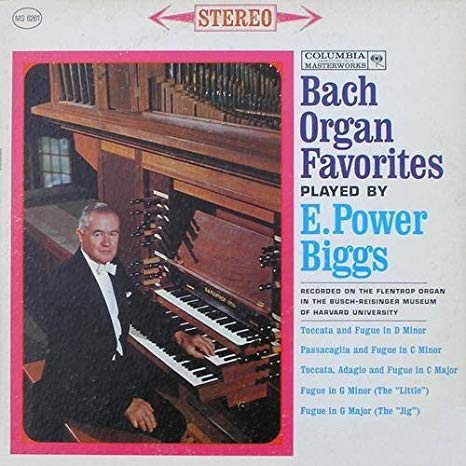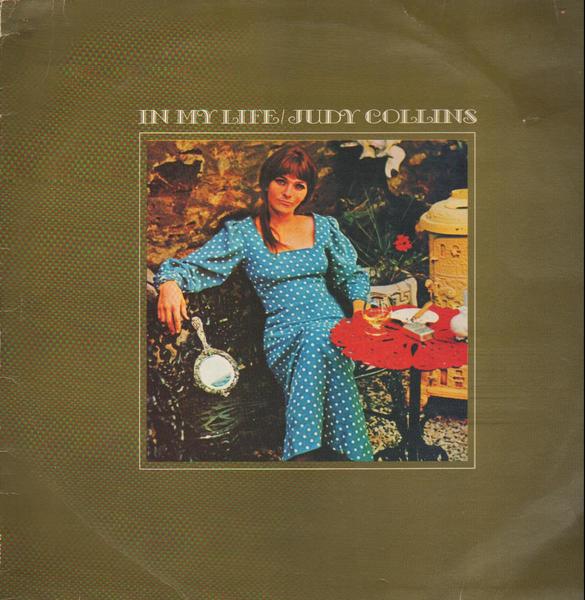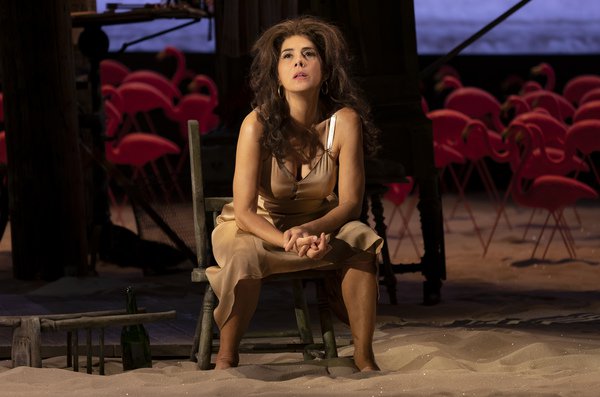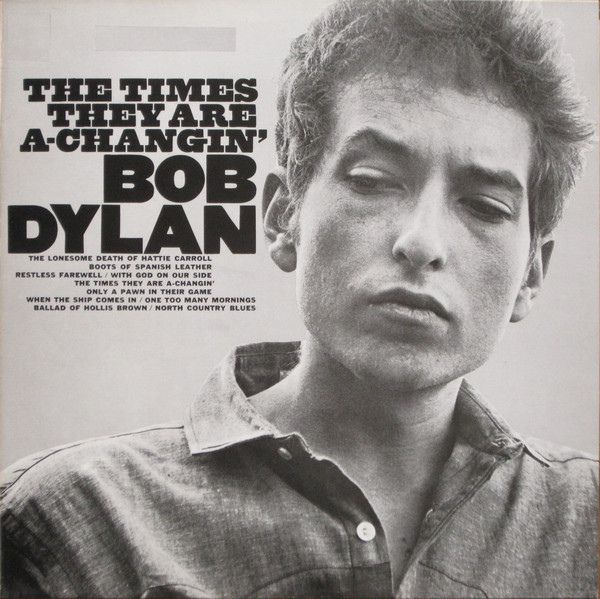Various forms of the records-that-changed-my-life meme have been making the rounds lately, so I came up with my own version, which I call “The Twenty-Five Record Albums That Changed My Life.” Throughout the coming month, I’ll write about one of these albums every weekday in the order in which I first heard them.

In those days, Biggs was probably the world’s most famous classical organist, but I didn’t know who he was, nor had I seen Walt Disney’s Fantasia, in which Leopold Stokowski’s Technicolor orchestral version of the D Minor Toccata and Fugue figures prominently. What first got me interested in Bach was “Bach Transmogrified,” one of Leonard Bernstein’s Young People’s Concerts with the New York Philharmonic, which aired in April of 1969. Switched-On Bach, the album on which Wendy Carlos (then known as Walter) performed an assortment of pieces by Bach on the then-new Moog Synthesizer, had just been released, and Bernstein took advantage of its popularity to present a TV concert in which he showed how Bach’s music could be played in a variety of ways. The program opened with the G Minor Fugue played by Michael Korn on Avery Fisher Hall’s pipe organ. Then Stokowski himself led the New York Philharmonic in his own resplendent orchestral transcription of the same piece, followed by an all-electronic synthesizer “performance.”
I was naturally fascinated by what Bernstein had to say, but it was the music, the G Minor Fugue in particular, that seized and held my attention. I went to Keith Collins Piano Company, Smalltown’s local music store, the very next day, hoping against hope to find a recording of that miraculous piece. Sure enough, they had Biggs’ Bach Organ Favorites in stock, and I brought the album home with delight and listened to it in ecstasy. I’ve been listening to it ever since.
(To be continued)
* * *
“Bach Transmogrified,” a Young People’s Concert by Leonard Bernstein and the New York Philharmonic, originally telecast by CBS on April 27, 1969:
* * *
To read about album #1, go here.
To read about album #2, go here.
To read about album #3, go here.
To read about album #4, go here.



